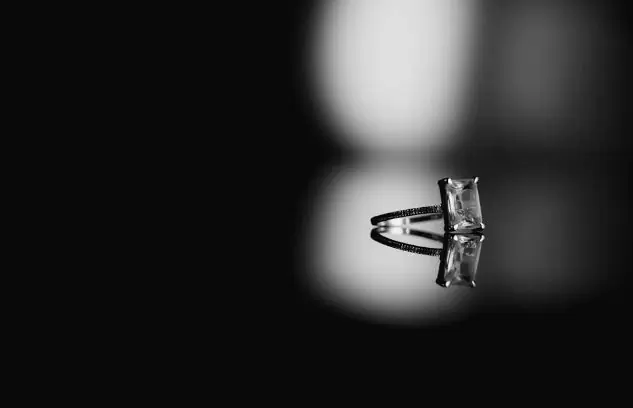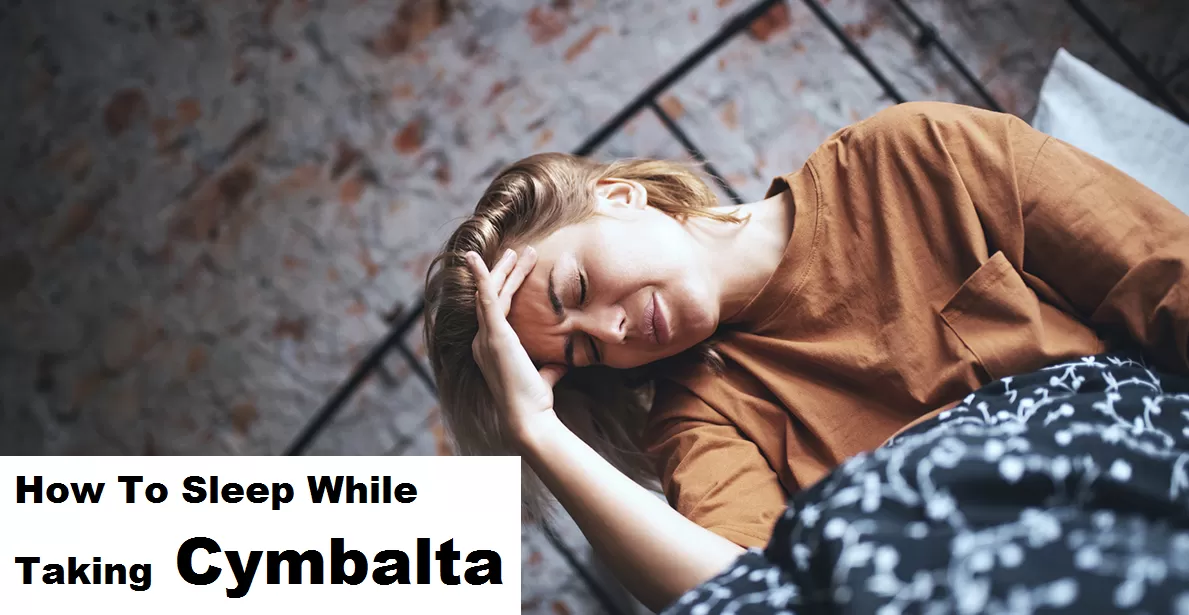How To Sleep While Taking Cymbalta
Cymbalta is a prescription medication commonly used to treat depression, anxiety, and other mental health conditions. The active ingredient in this medication is duloxetine, which works by increasing levels of serotonin and norepinephrine in the brain. While many people find cymbalta an effective treatment for their symptoms, it comes with a range of potential side effects that should be considered before starting treatment.
Some common side effects of Cymbalta include nausea, fatigue, dizziness, dry mouth, constipation, and sweating. More serious side effects can also occur with this medication, including liver damage, serotonin syndrome (a potentially life-threatening condition), and suicidal thoughts or behaviours. If you experience any concerning side effects while taking Cymbalta, you must speak with your doctor immediately.
For those taking Cymbalta who are struggling with sleep disturbances due to their medication or underlying condition(s), several strategies may be helpful. These include establishing a consistent bedtime routine and schedule; avoiding caffeine and alcohol; incorporating relaxation techniques like deep breathing or meditation; ensuring your sleeping environment is comfortable and conducive to restful sleep; and talking with your doctor about adjusting your dosage or trying alternative treatments if necessary.
Cymbalta side effects
Cymbalta is a prescription for treating depression, anxiety, and chronic pain. While it can be an effective treatment option for these conditions, it also has some potential side effects that users should be aware of. Some of the most common side effects of Cymbalta include nausea, dry mouth, constipation, dizziness, and fatigue. These side effects can make it difficult for users to get a good night’s sleep.
If you’re taking Cymbalta and struggling to get enough restful sleep at night due to its side effects or any other reason, there are some strategies you can try to improve your sleep quality. One option is to develop a consistent bedtime routine that helps signal to your body that it’s time for sleep. It might include activities like reading in bed or taking a warm bath before sleeping.
Another strategy is ensuring your sleeping environment is conducive to restful sleep. It could mean investing in a comfortable mattress and pillows or using blackout shades or earplugs if outside noise or light disrupts your ability to fall asleep or stay asleep throughout the night. Additionally, avoiding caffeine and alcohol close to bedtime may help improve your chances of getting quality rest while taking Cymbalta.
How to fall asleep faster
- Establish a Nighttime Routine: A consistent sleep routine can help signal your body that it’s time to wind down for the evening. Try incorporating activities such as reading, taking a warm bath, or listening to calming music before bed. Additionally, avoid stimulating activities such as watching TV or using electronic devices at least an hour before bedtime.
- Practice Relaxation Techniques: Stress and anxiety can make it difficult to fall asleep at night. Incorporating relaxation techniques such as deep breathing exercises or meditation can help calm your mind and reduce stress.
- Consider Sleep Aids: If you have tried the above tips and are still struggling with falling asleep, you may want to talk to your doctor about sleep aids such as melatonin supplements or prescription medication like Ambien. It is important to follow dosage instructions carefully and only use these options under the guidance of a medical professional.
Remember that getting quality sleep is essential for overall health and well-being, so don’t hesitate to seek professional help!
What are the side effects of Cymbalta that affect sleep?
Cymbalta is a drug commonly prescribed for depression and anxiety. While it can be an effective treatment option, it has some side effects that can impact sleep quality. One of the most common side effects of Cymbalta is insomnia, which can make it difficult to fall asleep or stay asleep throughout the night. This side effect may be more prevalent in people who take Cymbalta later in the day, so taking the medication earlier in the morning might help.
Another potential side effect of Cymbalta that affects sleep is vivid dreams or nightmares. Some people report having intense dreams while taking this medication, disrupting their sleep patterns and leaving them tired during the day. If you experience these dreams while taking Cymbalta, talk to your doctor about adjusting your dosage or trying a different medication.
Finally, some people may experience drowsiness during the day due to taking Cymbalta at night. If you feel excessively tired during the day after taking this medication before bed, talk to your doctor about switching to a morning dose instead. Overall, if you are experiencing difficulty sleeping while on Cymbalta, several options exist for managing these side effects and improving your overall sleep quality.
How can I fall asleep faster while taking Cymbalta?
Cymbalta is a medication primarily used to treat depression and anxiety disorders. While it can effectively treat these conditions, some patients may experience difficulty sleeping while taking Cymbalta. Fortunately, several strategies can help you fall asleep faster.
Firstly, establish a consistent sleep schedule by going to bed and waking up at the same time every day. It will help regulate your body’s internal clock and improve sleep quality. Additionally, avoid caffeine and alcohol before bedtime, as they can disrupt your sleep cycle.
Secondly, try relaxation techniques such as deep breathing exercises or meditation before bed. These techniques can help calm your mind and prepare your body for restful sleep.
Lastly, consider speaking with your healthcare provider about adjusting the timing of taking Cymbalta. Depending on the individual patient’s response to the medication, they may recommend taking it at a different time of day to minimize any potential sleep disturbances.
In summary, falling asleep faster while taking Cymbalta requires establishing a consistent sleep schedule, avoiding caffeine and alcohol before bedtime, practicing relaxation before bed and potentially adjusting the timing of when you take Cymbalta in consultation with your healthcare provider.
FAQs
Can I take Cymbalta at night to help me sleep?
While some have reported that taking Cymbalta at night helps them sleep, it is not recommended. The medication is designed to be taken in the morning or afternoon as it can cause insomnia if taken too late in the day.
What should I do if Cymbalta keeps me awake at night?
If you are experiencing difficulty sleeping while taking Cymbalta, speak with your healthcare provider. Your dosage may need to be adjusted, or an alternative medication may be prescribed.
Are there any natural remedies that help me sleep while taking Cymbalta?
Several natural remedies may help you sleep while taking Cymbalta. These include practicing good sleep hygiene, such as establishing a consistent bedtime routine and avoiding caffeine and alcohol before bed, using relaxation techniques like meditation or yoga, and trying over-the-counter supplements like melatonin or valerian root (though it’s important to speak with your doctor before starting any new supplement).










